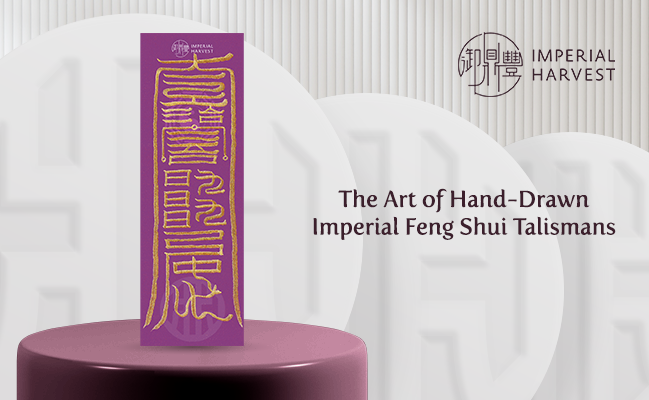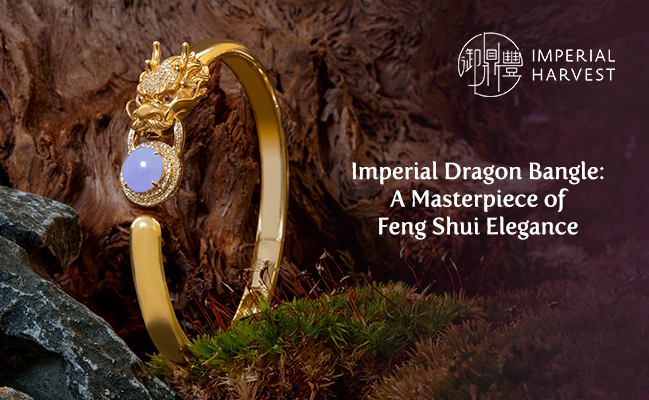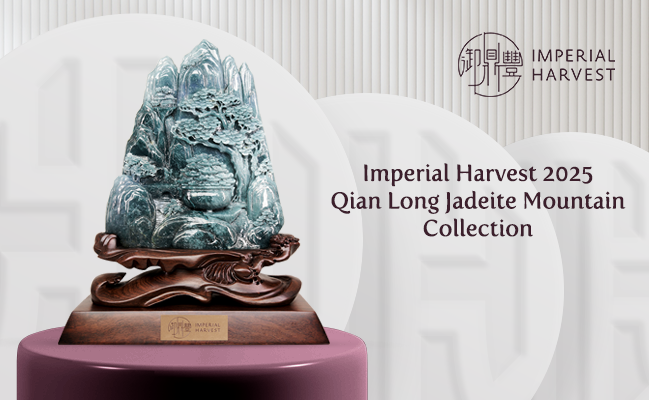

Posted by Imperial Harvest on 12 February 2025
Imperial Harvest Longtaitou Blessings
Estimated Reading Time: 6 mins
As winter fades and spring awakens, we honour one of the most revered traditions in the Chinese calendar—the Longtaitou Festival (龙抬头), translating to “Dragon Raising Its Head.”
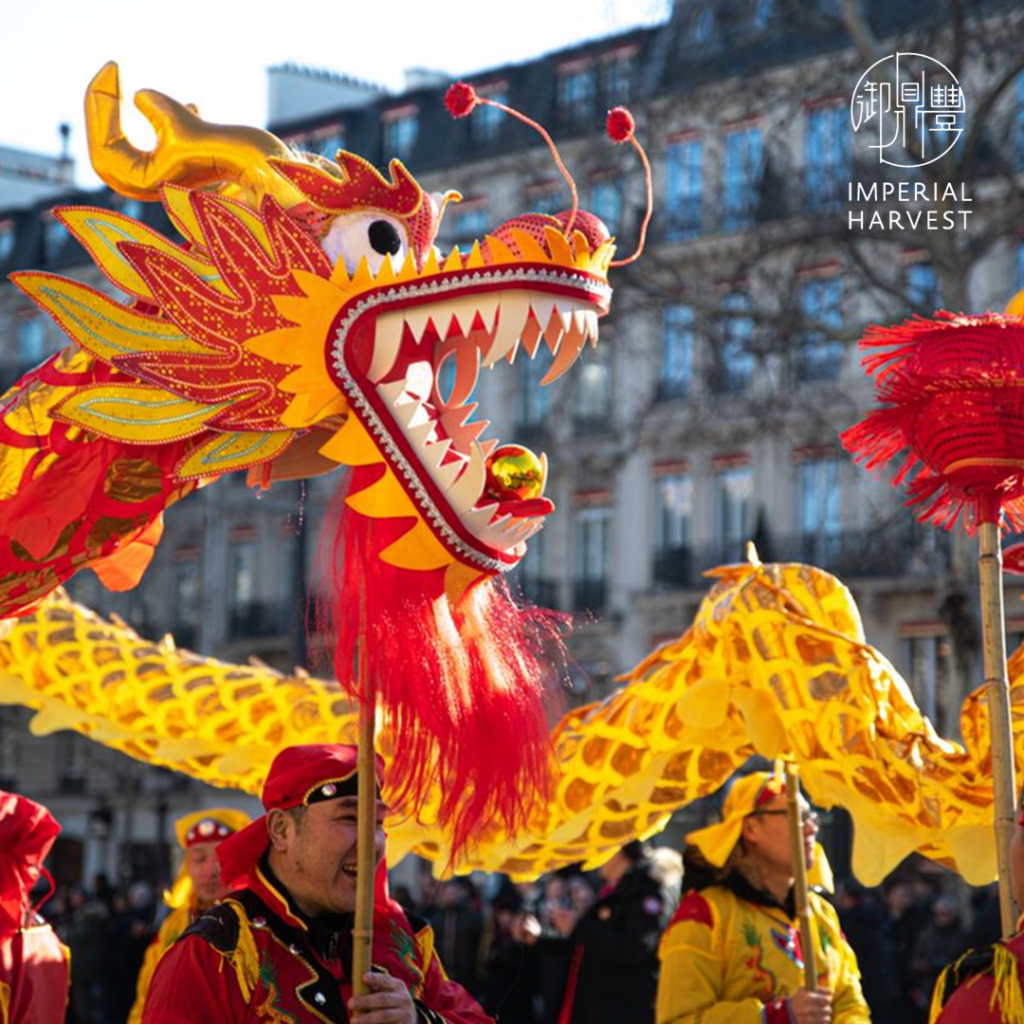
Celebrated on the second day of the second lunar month, the Longtaitou Festival marks the return of vitality, the renewal of abundance, and the awakening of the celestial dragon—the revered guardian of rainfall, prosperity, and growth.
In 2025, the festival falls on 1 March, presenting a powerful opportunity to embrace renewal and align with the dragon’s energy for a year of success and abundance.
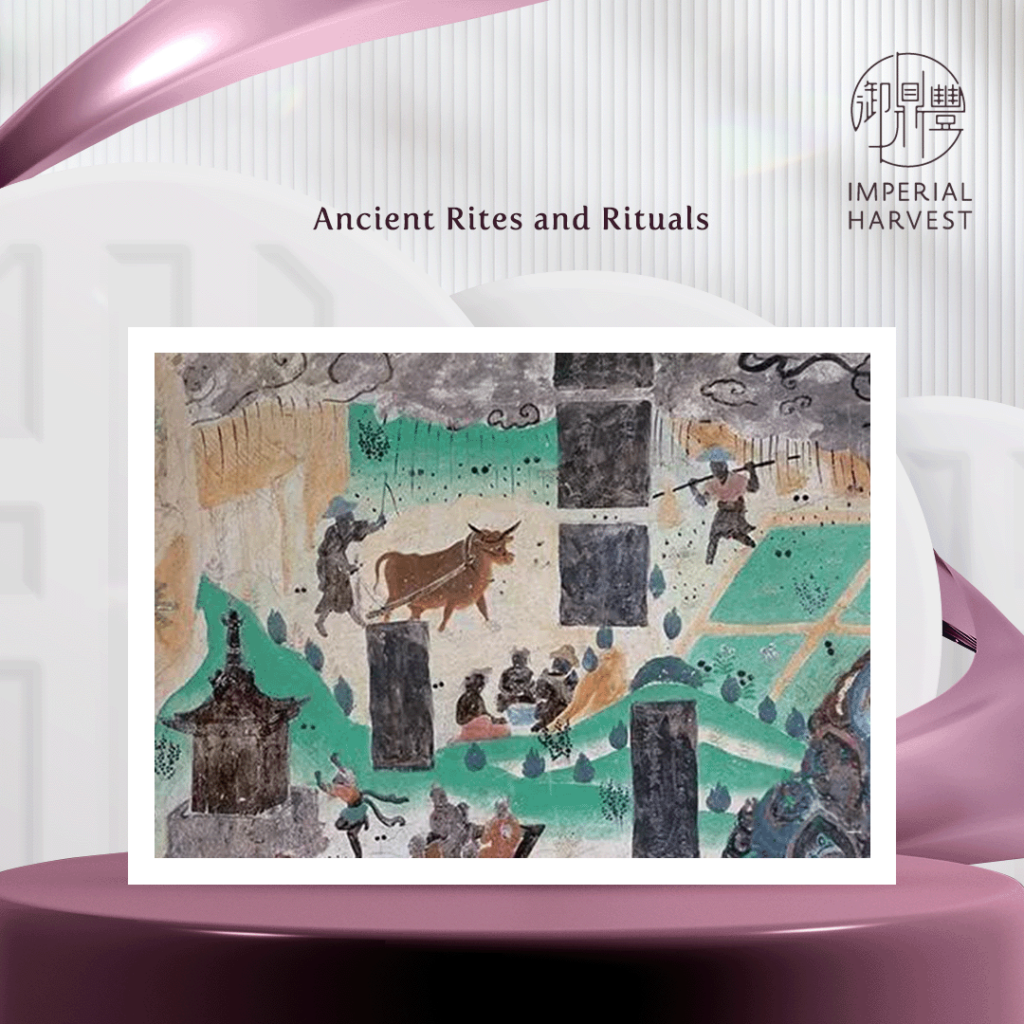
The Legacy of the Longtaitou Festival
Steeped in imperial tradition and deep cultural significance, the Longtaitou Festival has been observed since the Yuan dynasty (1279–1368). It marks the awakening of the Dragon King (龙王), the celestial deity of rain, who rises from his slumber to usher in the first life-giving rains of spring.
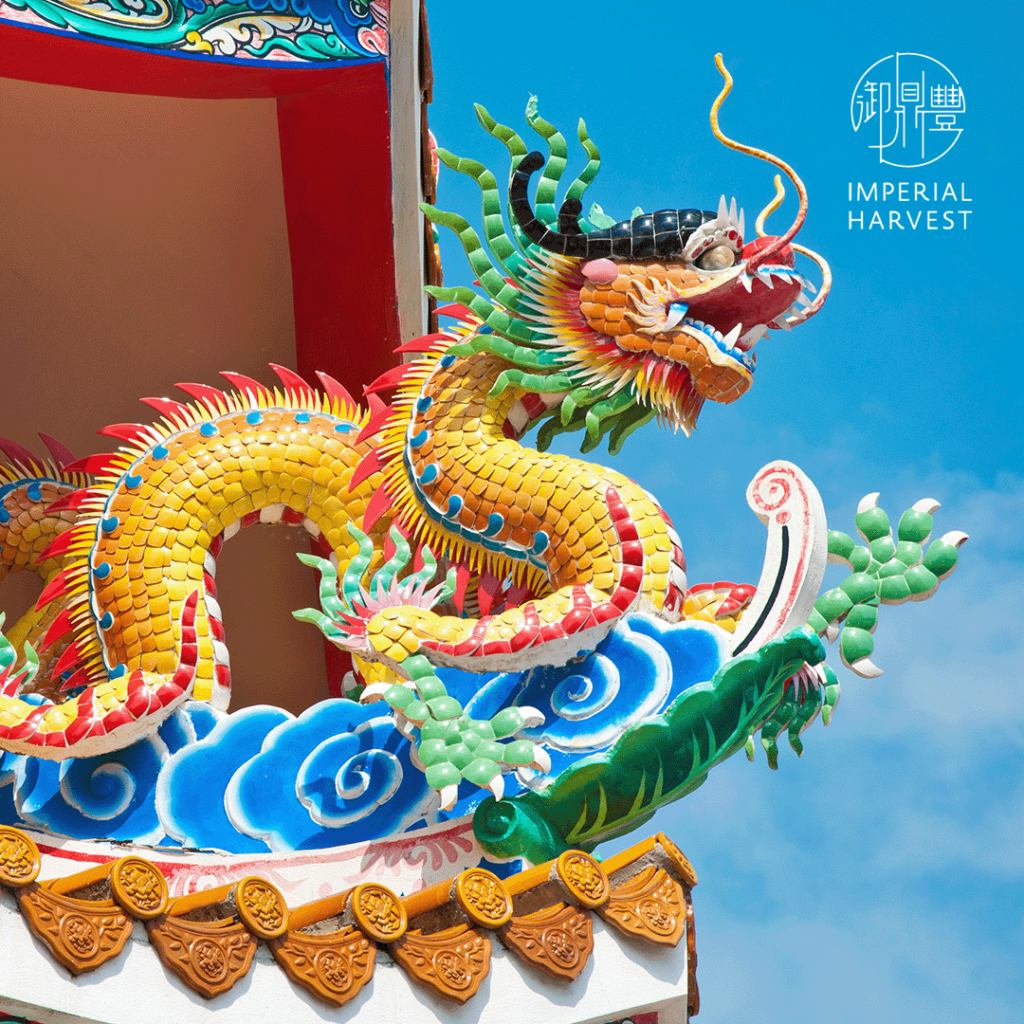
In agrarian China, this festival was of paramount importance, aligns with the solar term of Jingzhe (惊蛰), signifying the awakening of hibernating insects and the arrival of early spring rains. It symbolised renewal, prosperity, and the promise of a thriving season ahead. The dragon’s resurgence was seen as a divine affirmation—signalling abundance, the flourishing of life, and the dawn of new opportunities.
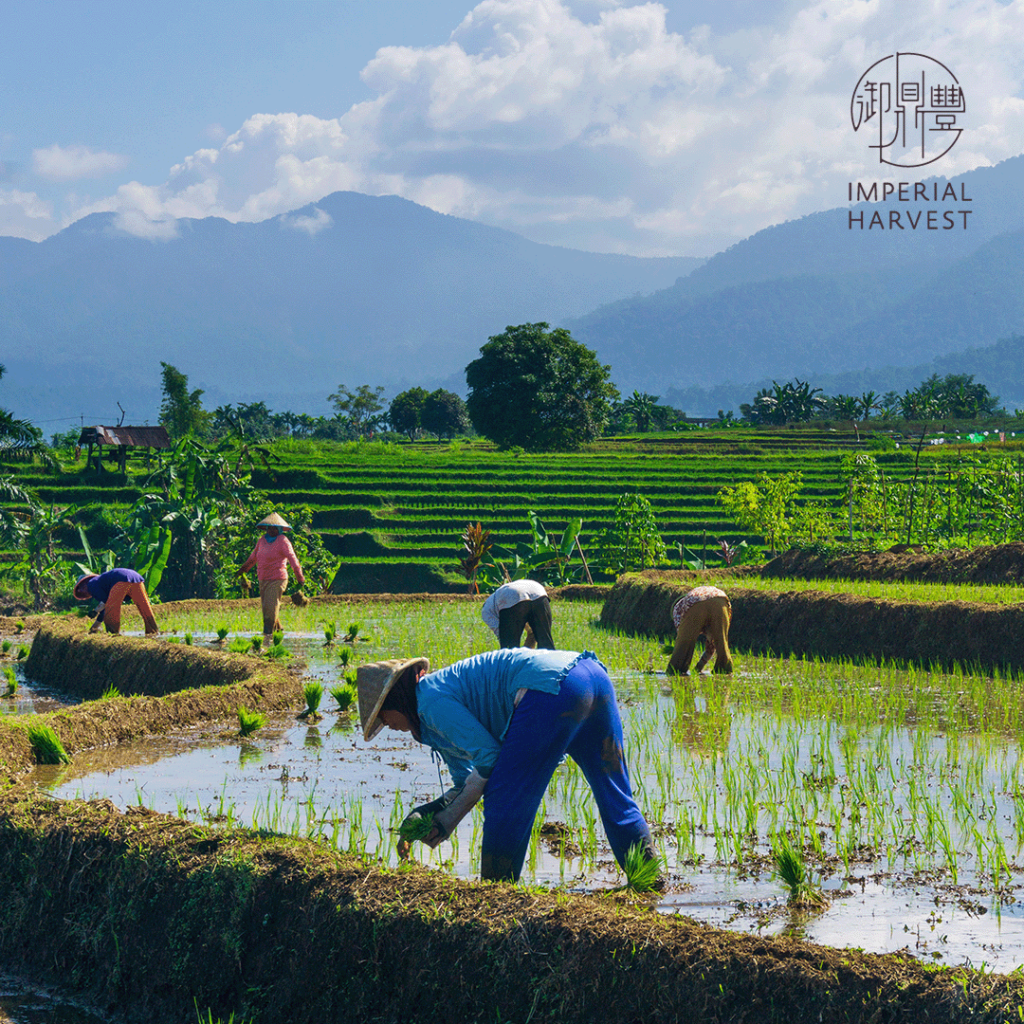
For centuries, the Longtaitou Festival has been deeply woven into Chinese society, blending agricultural rites with the tradition of welcoming the spring rains—an enduring symbol of prosperity and growth. Rooted in the harmony between humanity and nature, the festival reflects the dragon’s vital role in sustaining life through its command over rain and waterways. As the dragon awakens, so too does the land, marking the renewal of abundance and the promise of a flourishing season ahead.
The Imperial Harvest Longtaitou Blessing Ritual
A once-a-year celestial invocation for supreme prosperity, the highly anticipated Longtaitou blessing ritual invokes the Dragon King (龙王) to consecrate and empower newly acquired Imperial Harvest treasures, aligning them with the auspicious energies of the Longtaitou Festival. As the lineage bearer of Imperial Feng Shui, Master David ensures that each treasure becomes a potent conduit of prosperity, benefactor support, and wealth expansion, guiding its destined owner toward unparalleled success.
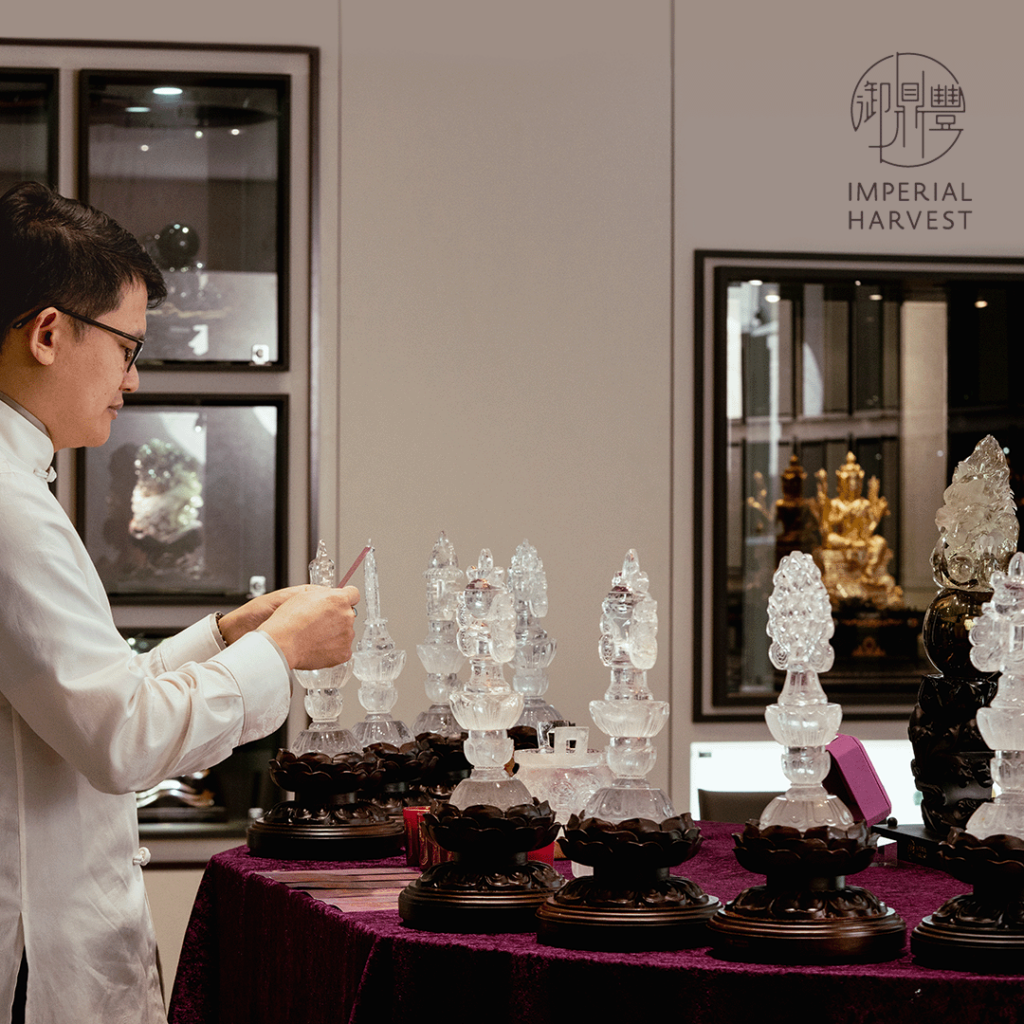
Highlights of the Longtaitou Blessing Ritual
Where Celestial Might Meets Supreme Craftsmanship
At the heart of this annual celestial invocation stands a masterpiece of unparalleled magnificence—a masterful creation that embodies imperial sovereignty, divine ascension, and boundless prosperity.
The Imperial Harvest Full Citrine Dragon King
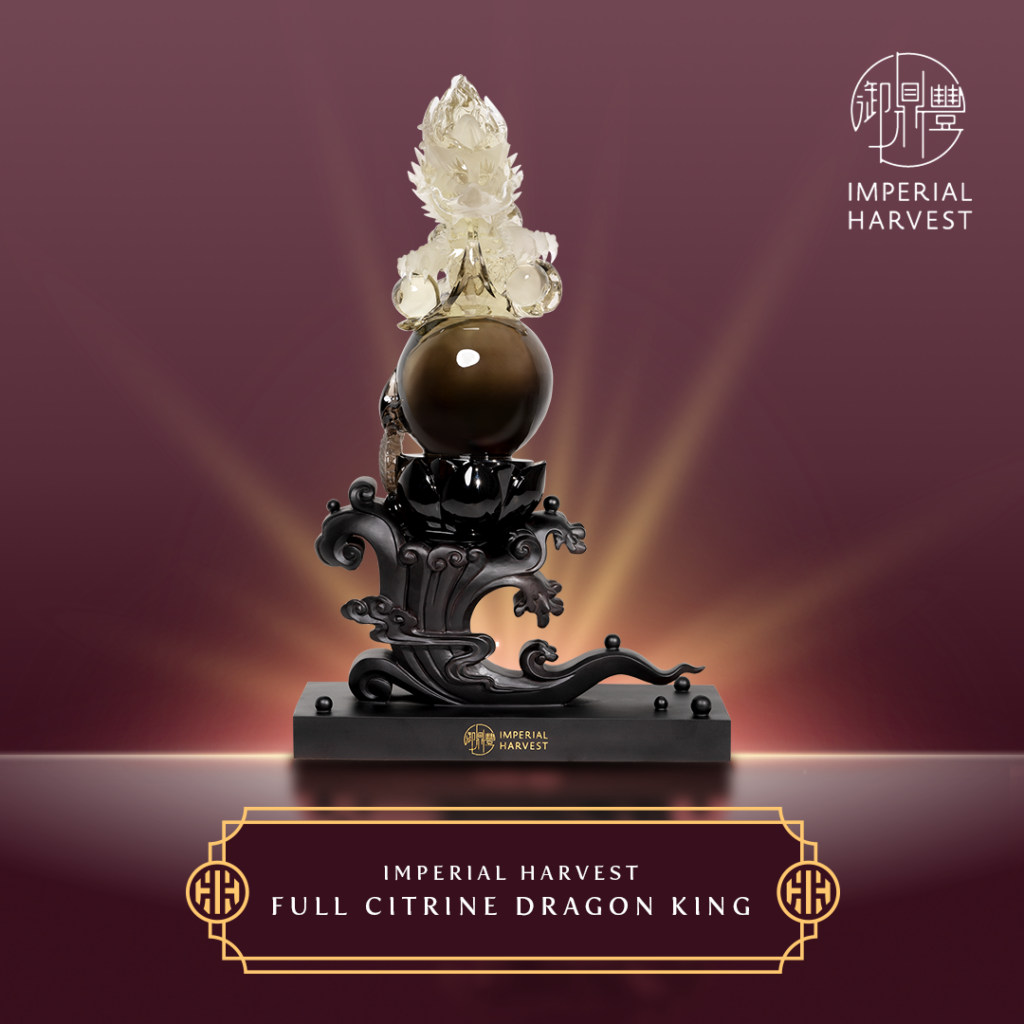
A true tour de force, the crown jewel of this sacred ceremony is sculpted from a single, internally flawless block of citrine—a gemstone revered for its ability to harness and amplify boundless prosperity. More than an artefact, this one-of-a-kind masterpiece is a manifestation of power itself.
The Dragon in Its Supreme Majesty
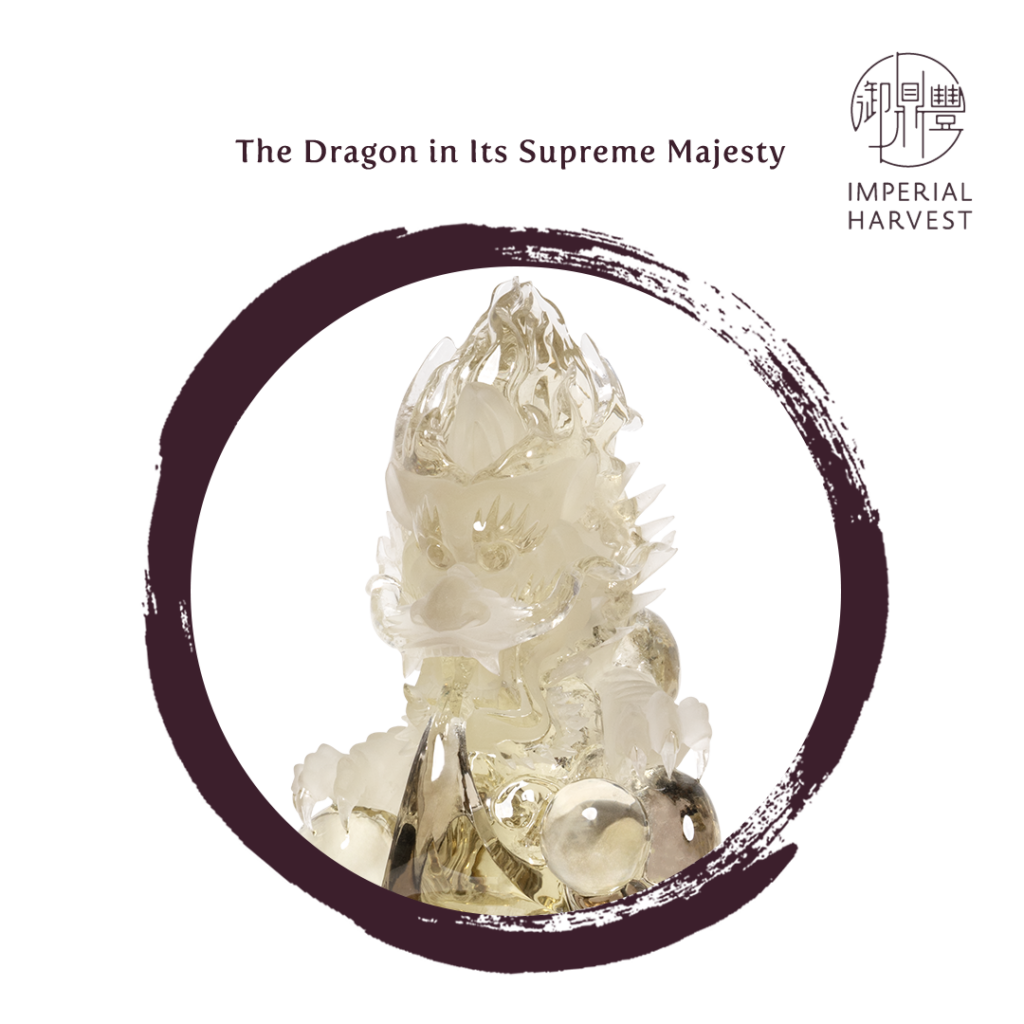
Every contour, scale, and detail reflects a masterful fusion of artistry and symbolism. With its commanding presence and dynamic stance, the dragon radiates sovereign authority, embodying the celestial force that governs wealth, influence, and ascension.
Twin Orbs of Absolute Dominion
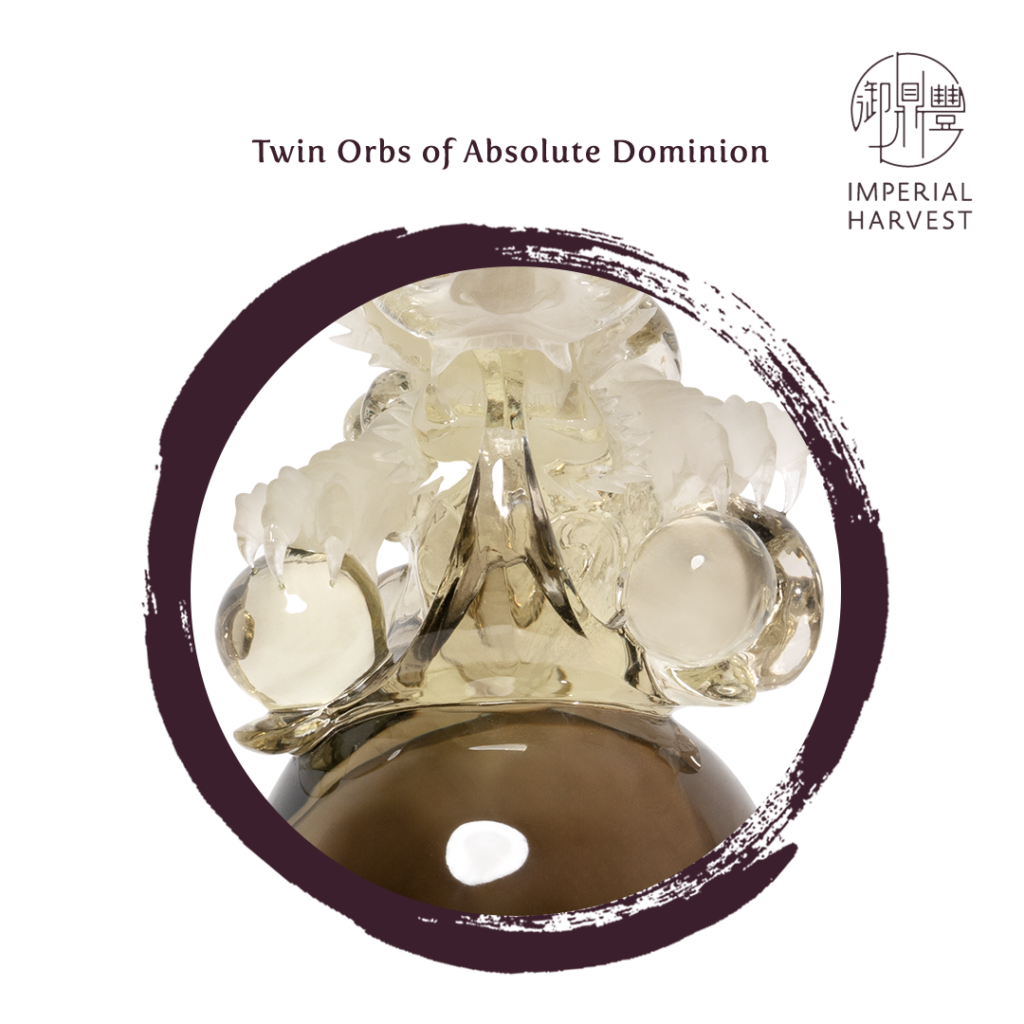
Held within the dragon’s formidable claws, the two luminous Dragon Orbs symbolise cosmic balance and dominion over limitless opportunities. They represent unwavering mastery over destiny,ensuring a perpetual flow of abundance, breakthroughs, and strategic advantage.
Perched Upon the Ultimate Wish-Fulfilling Orb
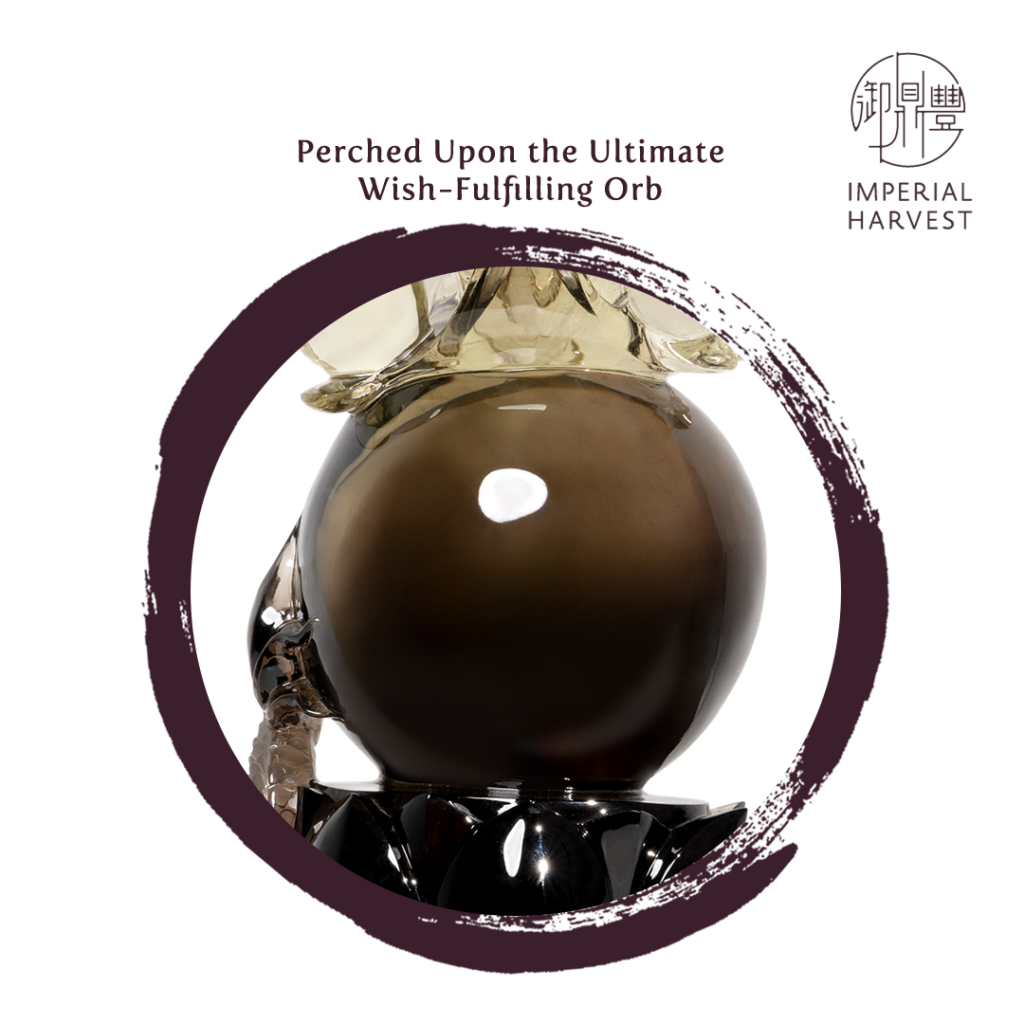
Perched atop a pristine, internally flawless wish-fulfilling citrine sphere, the dragon embodies the seamless fusion of intent and manifestation. This powerful convergence of celestial energy transforms aspirations into unwavering success, limitless expansion, and absolute command over one’s destiny.
The Imperial Harvest Full Citrine Dragon King Crystal is more than a ceremonial artefact—it is a statement of power, a vessel of destiny, and a gateway to unparalleled fortune. As the centrepiece of the Imperial Harvest Longtaitou Blessing Ritual, it brings a once-in-a-lifetime alignment of celestial forces, where those who dare to command their legacy will have the opportunity to activate the dragon’s energy for boundless success.
Seven Star Talismans: Awakening the Dragon King’s Celestial Might
Forged in the realm of the divine,the Seven Star Talismans are more than symbols—they are celestial keys, unlocking the full power of the Dragon King’s supreme energy.
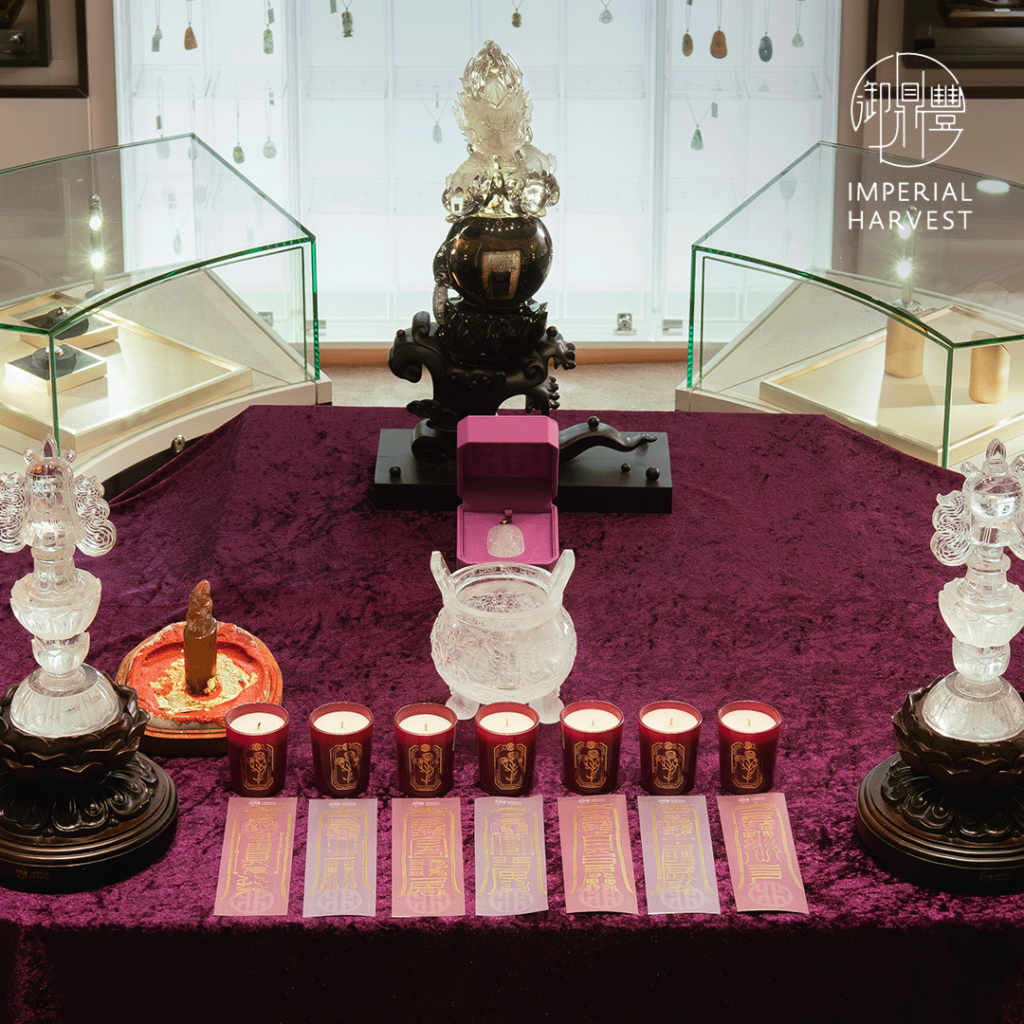
Master David meticulously hand-draws and consecrates each talisman, infusing it with the essence of the Seven Stars constellation. Through this, these sacred inscriptions invoke the dragon’s unrivalled dominion over wealth, power, and opportunity.
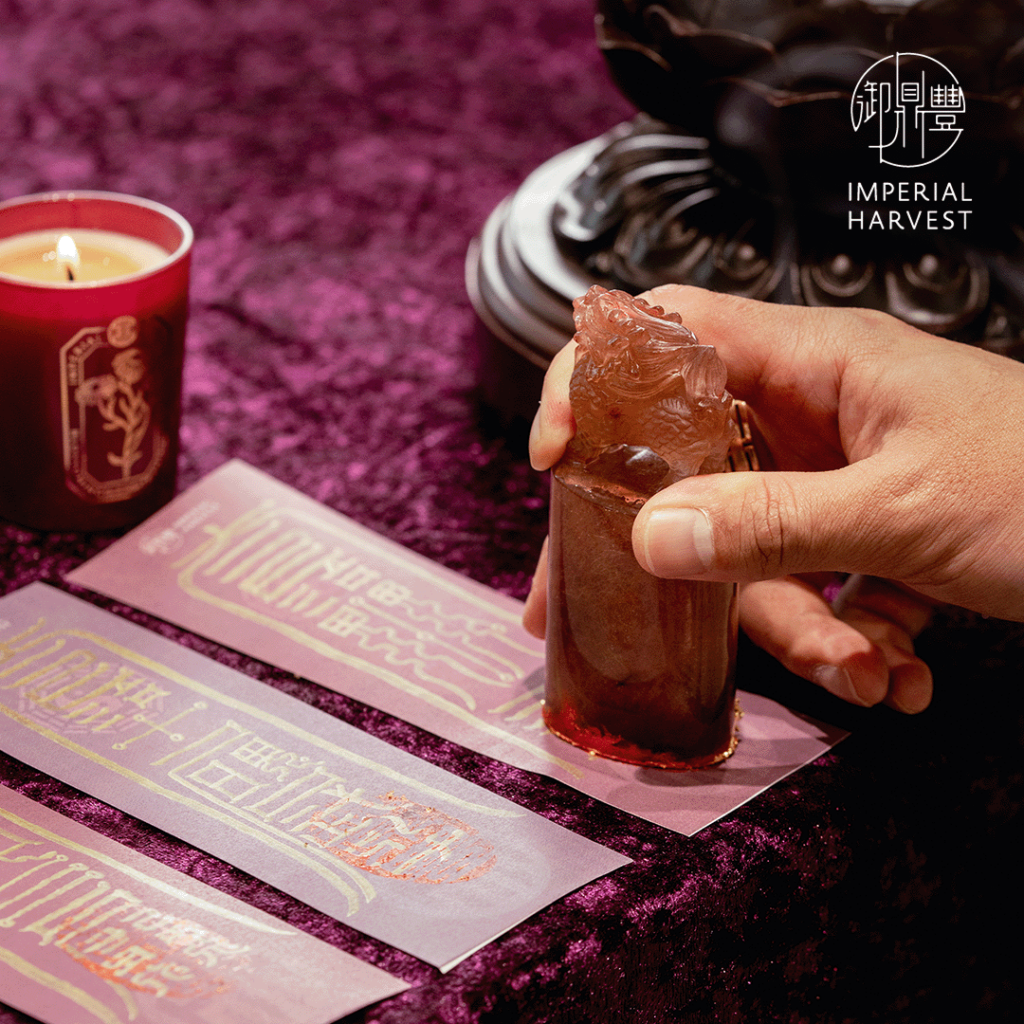
In the Imperial Harvest Longtaitou Blessing Ritual, these talismans do more than awaken the Dragon King—they summon his presence, his authority, and his dominion over destiny itself.
Recommended Imperial Harvest Treasures for the Longtaitou Festival: Power. Prestige. Prosperity.
The Longtaitou Festival marks a rare celestial alignment—an invitation to harness the dragon’s awakening energy and seize the moment where destiny favors those who dare to ascend.In this auspicious season, Imperial Harvest presents an exclusive selection of treasures, each meticulously crafted to empower your journey toward abundance, influence, and transcendence.
Imperial Harvest Imperial Dragon Bangle
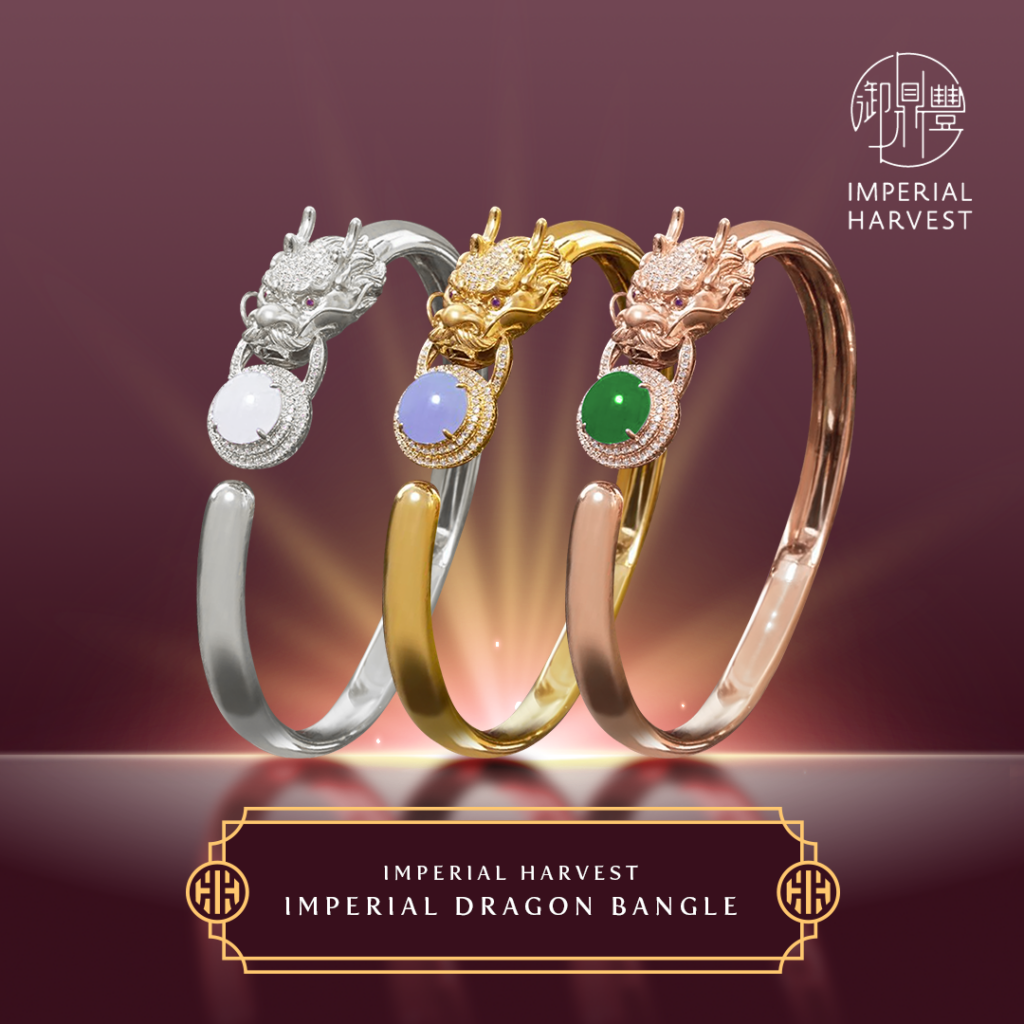
Unlock unshakeable authority and personal power with the Imperial Harvest Imperial Dragon Bangle. Designed for the ambitious, the driven, and the relentless—those ready to elevate their success and take control of their future. The Imperial Dragon Bangle is a powerful catalyst for decisive action and career acceleration, empowering individuals to seize high-stakes opportunities with clarity and conviction.
Crafted from the finest jadeite, this bangle enhances strategic thinking, leadership presence, and personal influence. Its wearer commands respect, authority, and a distinct competitive advantage in any arena.
The Imperial Dragon Bangle is designed for entrepreneurs, business leaders, and high-performers, this treasure serves as a force multiplier for success and expansion. The world belongs to those who dare to claim it—this is the key.
Imperial Harvest Dragon King Sandalwood
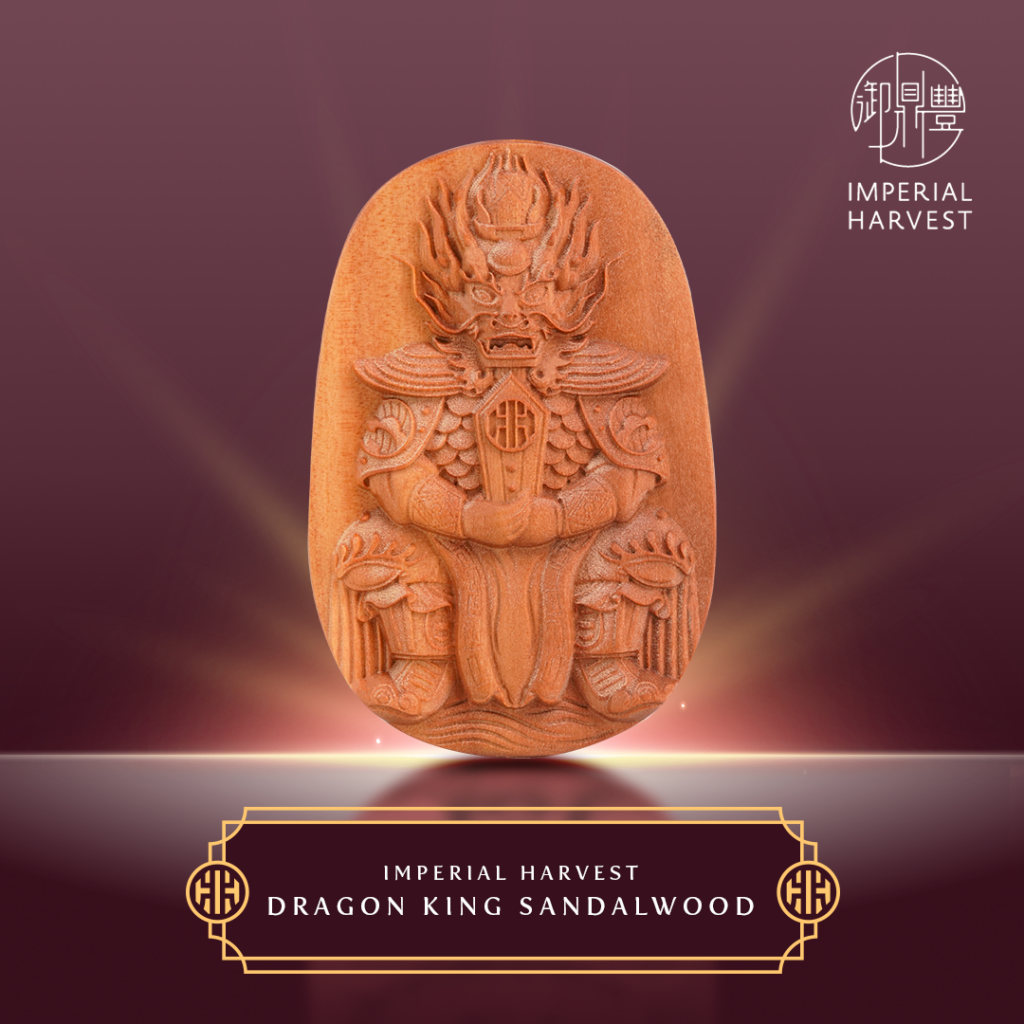
Designed for those who are not just earning, but scaling—visionaries who build lasting empires and expand their financial reach. Activated by the Dragon King’s celestial energy, this rare Sandalwood treasure aligns its wearer with unparalleled opportunities, from business breakthroughs to high-value partnerships. It clears obstacles, attracts benefactors, and accelerates financial success with precision and ease.
Imperial Harvest’s Dragon King Sandalwood is ideal for investors, entrepreneurs, and empire builders, this treasure ensures sustained expansion, strategic advantage, and a legacy of prosperity. Wealth is not about accumulation—it’s about mastery. This is the blueprint.
Imperial Harvest Bliss of Harvest Jadeite Ring
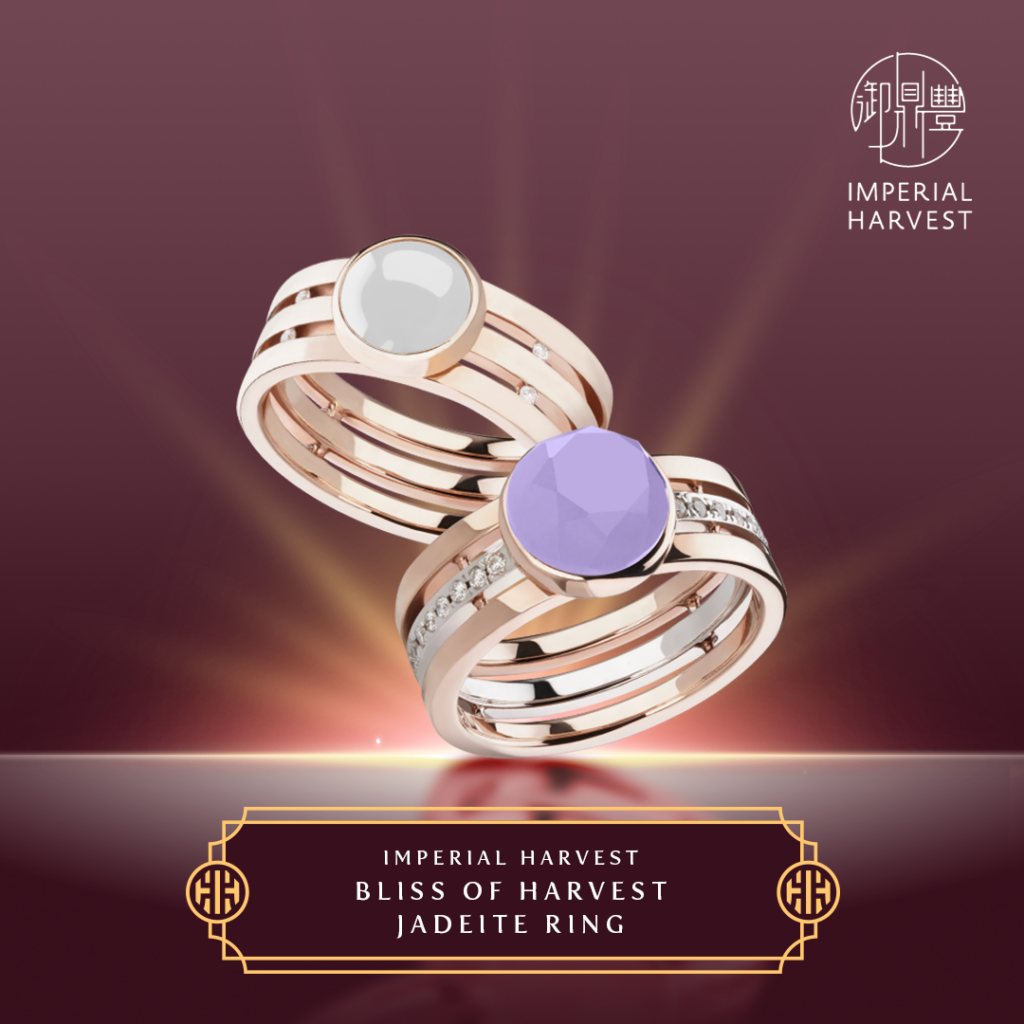
Unlock effortless influence and limitless success with the Bliss of Harvest Jadeite Ring. Designed for those who turn every venture into victory, every negotiation into an opportunity—leaders who move through challenges with precision and confidence.
Crafted to enhance clarity, foresight, and executive decision-making, this jadeite ring empowers its wearer with the strategic edge needed to thrive in high-stakes environments. It strengthens benefactor support, amplifies influence, and ensures consistent success.
A signature of the Imperial Harvest brand, the Bliss of Harvest Jadeite Ring was designed for entrepreneurs, executives, and rising industry stars, this treasure provides the mental acuity, charisma, and resilience to navigate complex opportunities with ease. When success becomes second nature, every step forward is a breakthrough.
Imperial Harvest Qian Long Jadeite Mountain 2025 Edition
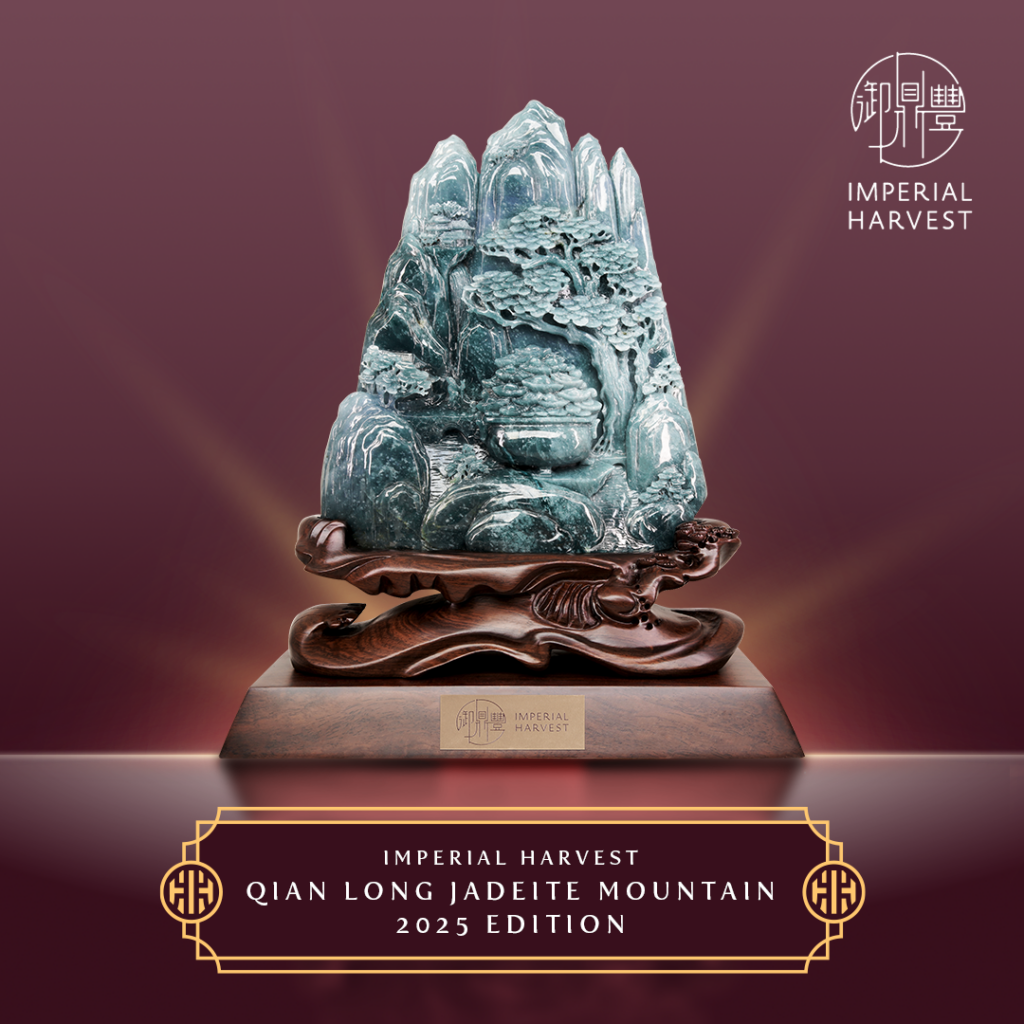
Unlock enduring prosperity and long-term financial security with the Qian Long Jadeite Mountain 2025 Edition—a masterpiece revered as the foundation of generational wealth and stability. Designed for visionaries who think beyond success to build a lasting legacy of influence and prosperity, this treasure embodies the principles of Imperial Feng Shui mastery.
More than a symbol, it serves as the bedrock for sustainable growth, wealth preservation, and lasting business success. It strengthens enterprises, reinforces financial footholds, and attracts elite benefactors, ensuring unshakable momentum across generations.
Ideal for business owners, wealth strategists, and leaders shaping multi-generational success, this treasure provides the stability and foresight to navigate the future with confidence. Empires aren’t built in a day—but they endure when built on a strong foundation. The Imperial Harvest Qian Long Jadeite Mountain forms the anchor.
Embracing Renewal with Imperial Harvest
The Longtaitou Festival marks the awakening of nature and the promise of growth—an auspicious time to align with the momentum of renewal and opportunity. At Imperial Harvest, this philosophy is at the heart of our mission, guiding individuals on their journey toward lasting prosperity and success.
By harnessing the festival’s energy and the wisdom of Imperial Feng Shui, we empower individuals to seize new opportunities, achieve breakthroughs, and build a future of abundance.
Imperial Harvest’s expert consultants are always on hand to guide you on your journey and provide you with insights to help you realise your fullest potential. Book a complimentary consultation today or contact us at +65 92301640.
We are located at
For prospective clients:Imperial Harvest402 Orchard Road
Delfi Orchard #02-07/08
Singapore 238876 For existing clients:Imperial Harvest Prestige
402 Orchard Road
Delfi Orchard #03-24/25
Singapore 238876
Most Read Articles
Get to read our life changing articles and get inspired.
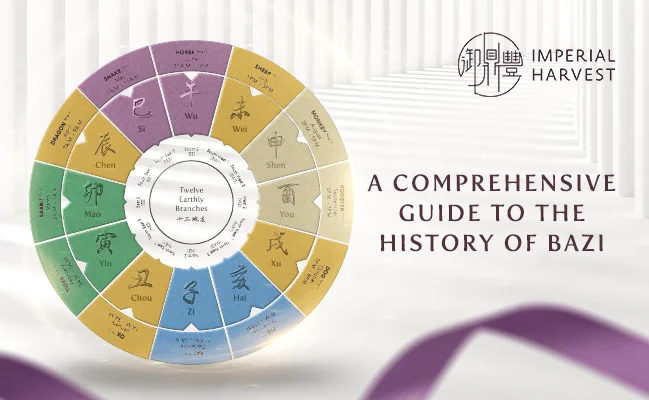
A Comprehensive Guide to the History of Bazi (八字)
Estimated Reading Time: 5 mins Bazi (八字) is often mistakenly assumed as the Chinese counterpart of western Astrology. The similarities between both systems lie in their utilisation of birth dates and time in their calculations, and the ability to be read from a tabulated chart. Where Astrology may take into account the positions of different […]
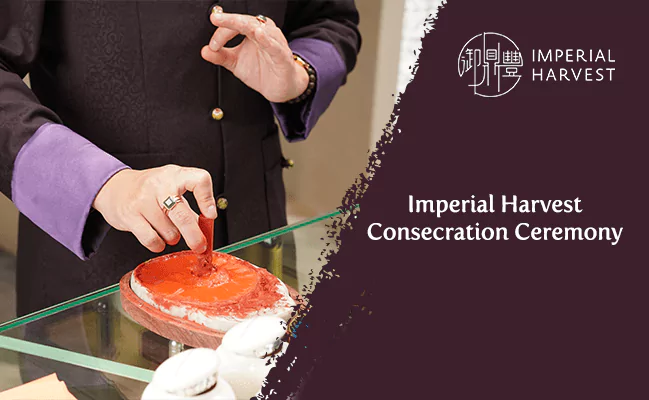
Imperial Harvest Consecration Ceremony
Estimated Reading Time: 5 mins At Imperial Harvest, each earthly treasure undergoes a series of consecration rites performed by Master David, before it is bestowed upon its blessed owner. Every aspect of these sacred Chinese anointing rituals is carefully examined and accurately represented in Master David’s blessings, reflecting Imperial Harvest’s deep respect for these esteemed […]
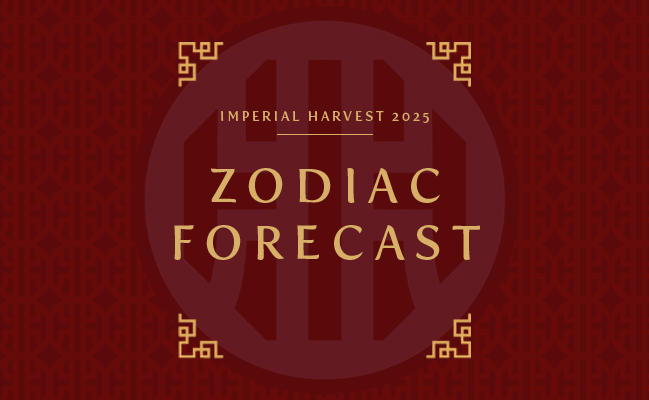
Imperial Harvest 2025 Zodiac Forecast
Estimated Reading Time: 7 mins The Year of the Wood Snake in 2025 brings a dynamic period of growth, transformation, and new beginnings. With its ambitious qualities, the Wood Snake’s influence offers unique opportunities for those who seek progress and renewal. Drawing from the time-honoured principles of Imperial Feng Shui, the Imperial Harvest 2025 Zodiac […]
